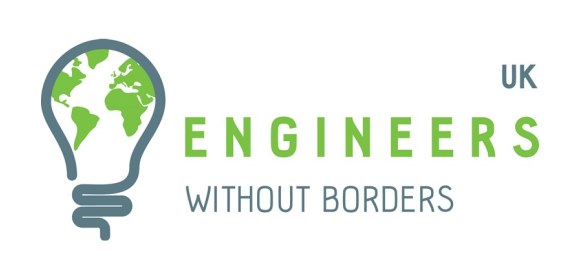The 2025 Top 50 Women in Engineering Awards (WE50) celebrate the women engineers who are working together to improve lives through Engineering.
Engineering thrives on collaboration, innovation, and the power of diverse minds working together. The theme for the Top 50 Women in Engineering Awards 2025, Together We Engineer, celebrates the collective strength of engineers who unite across disciplines, challenge conventional boundaries, and drive progress through teamwork.
Whether enhancing projects through group efforts, integrating unique perspectives, or fostering connections that push engineering forward, this year’s awards recognise those who exemplify the spirit of collaboration in engineering.
Nominations close on the 25 March 2025 and the winners will be announced on International Women In Engineering Day on the 23 June 2025.
Further information can be found here
Essential Criteria – all nominees must satisfy these:
- A woman, aged 18 or older
- Based in the UK – nominees do not have to be UK citizens
- Not a previous WE50 winner
- Can demonstrate the creation or improvement of a product or process
Desirable Criteria:
- Acting as an advocate for other women in STEM
- Working or studying in engineering industries and allied sectors, engineering education, or engineering research
- Achieving beyond what would normally be expected for career stage – nominations welcome at all career stages
Entries that focus solely on engineering or solely on supporting women will not do as well as those that demonstrate both. We regret that we cannot include nominations for anyone based outside of the UK, even if they are UK citizens, with the exception of women serving the armed forces.
Nominate here!








